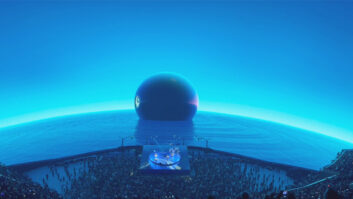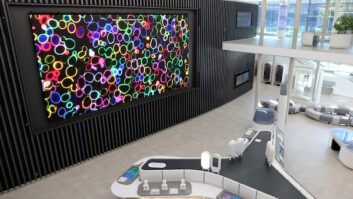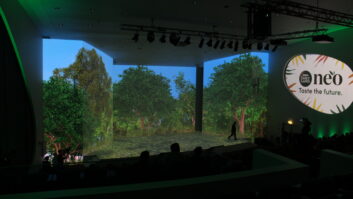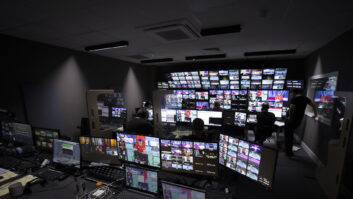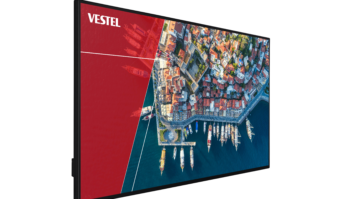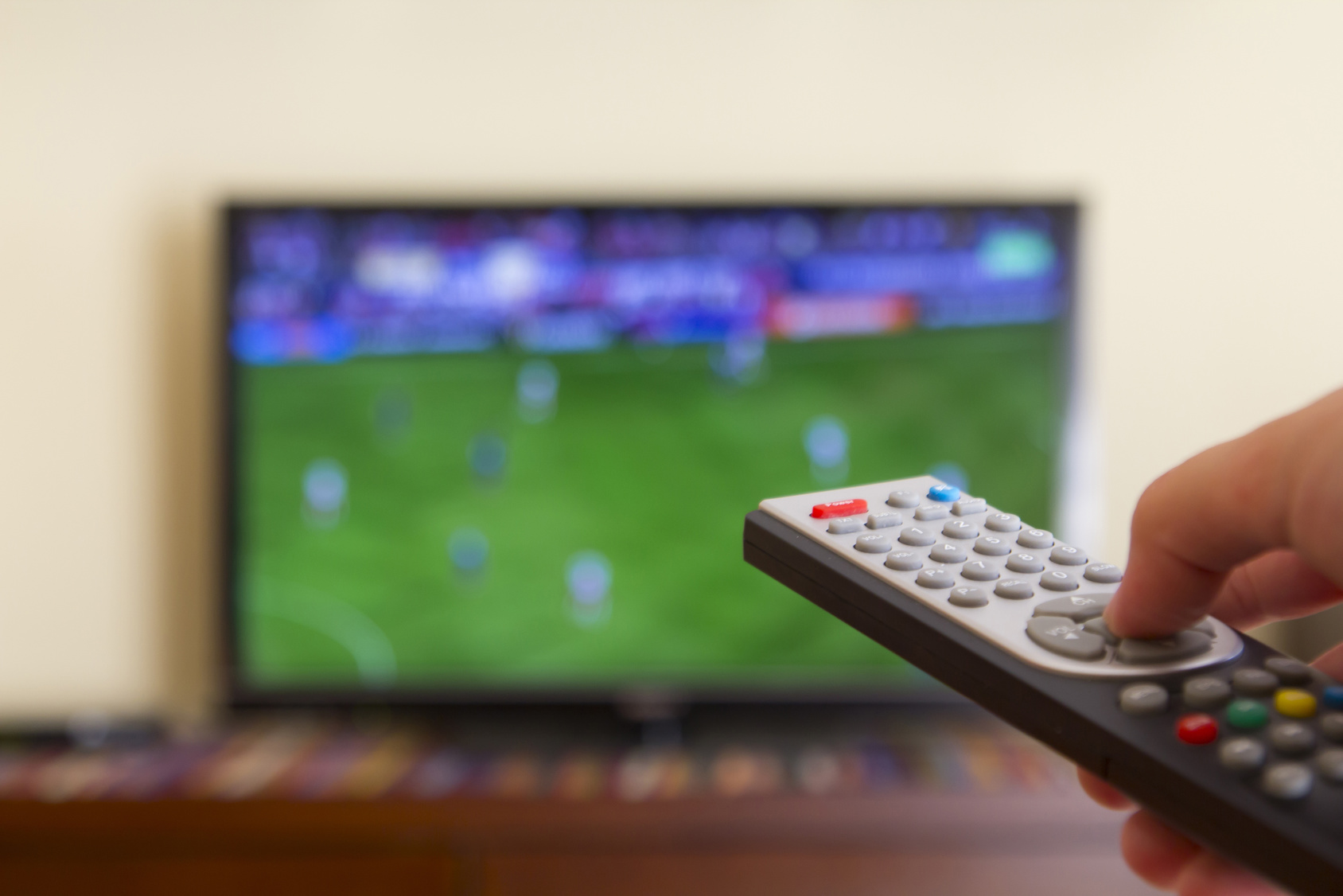
Euros sales spike blunted by lack of UK UHD coverage, says Rob Lane.
With the Euros set to kick off at the Stade de France on 10 June, Ultra HD TV and projector manufacturers would be forgiven for anticipating a boost in revenue. However, whilst interest in the flagship sports event is likely to contribute to a spike in UHD viewing device sales in both the consumer and pro sectors, it’s unlikely to be as a result of 4K football coverage this summer.
In the UK, the BBC and ITV are sharing the Euro 2016 broadcasts, but neither of them is set to screen UHD this summer or any time soon, despite the fact that the tournament’s opening match, semis and the final are being filmed in 4K by the UEFA EURO host broadcaster.
This will be something of a disappointment to consumers and venues that have invested in UHD TVs and projectors ahead of the tournament, particularly when one considers the box office potential of the final three matches, and the fact that the BBC had reportedly promised UHD ‘as standard’ by 2016.
The broadcaster, of course, held UHD trials during the last World Cup on both digital terrestrial TV and IP and concluded that, even in 2014, 23% of viewers would benefit from 4K broadcasts. Given the number of UHD products sold since 2014, this number is likely to be much higher now, so even more people will be disappointed by the lack of UHD programming from Auntie.
Pay options
Fortunately, there is reason for optimism elsewhere. Sky’s February introduction of its new Q service has injected some much-needed UHD cheer, albeit at additional cost to subscribers. The satellite broadcaster’s Q Silver set top box is capable of receiving and displaying UHD broadcasts, which Sky says it will introduce ‘later’ in 2016 after a firmware update (it does not say what it plans to broadcast though).
Additionally, Amazon Prime subscribers are already enjoying limited UHD broadcasts via some manufacturers’ TVs and its own Fire TV box – and there are also UHD videos on YouTube and Vimeo, although these will largely be of use only as demo material. Netflix has rightly made a fuss about its UHD broadcasts of Breaking Bad and House of Cards, and it’s possible to enjoy these via BT’s now established UHD service.
Indeed, BT has something of an antidote for those suffering UHD football withdrawal this year, with its Ultra HD Sports channel promising further UHD football coverage in the autumn. Frustratingly, of course, BT isn’t a free-to-air broadcaster either, and unlike the Beeb and ITV has no access to all that lovely UHD Euros coverage.
We’ve been here before of course, a decade ago. At that time, the BBC was mooting a trial HD Freeview, and eventually launched it on 15 May, three weeks ahead of the 2006 FIFA World Cup in Germany in which every match was broadcast in HD for the first time. Ultimately, only 450 businesses and homes had access to the BBC’s trial service and HD football, and the only way the rest of the UK population could watch the World Cup in HD was if they subscribed to digital satellite or cable, and owned a ‘HD-ready’ TV.
Of course, this didn’t stop people rushing out to buy HD-ready TVs, even though many may have been bamboozled into believing the regular BBC standard-def football coverage was actually high definition. The ‘HD-ready’ tag confused a lot of people back then, despite being (initially at least) devised to clarify that the TV would be ready for HD when it was available. The same could, currently, be said of UHD, particularly with regard to this latest flagship football event. Consumers and businesses are buying UHD products regardless of what is and what isn’t available to watch in ‘4K’, and flagship sports events have traditionally encouraged further purchases; it’s always nice to watch one’s favourite sporting events on a shiny, new –and doubtless bigger – TV. Whether the anticipated spike in sales would have been higher had a UHD Euros been available for UK viewers is, unfortunately, a moot point.
